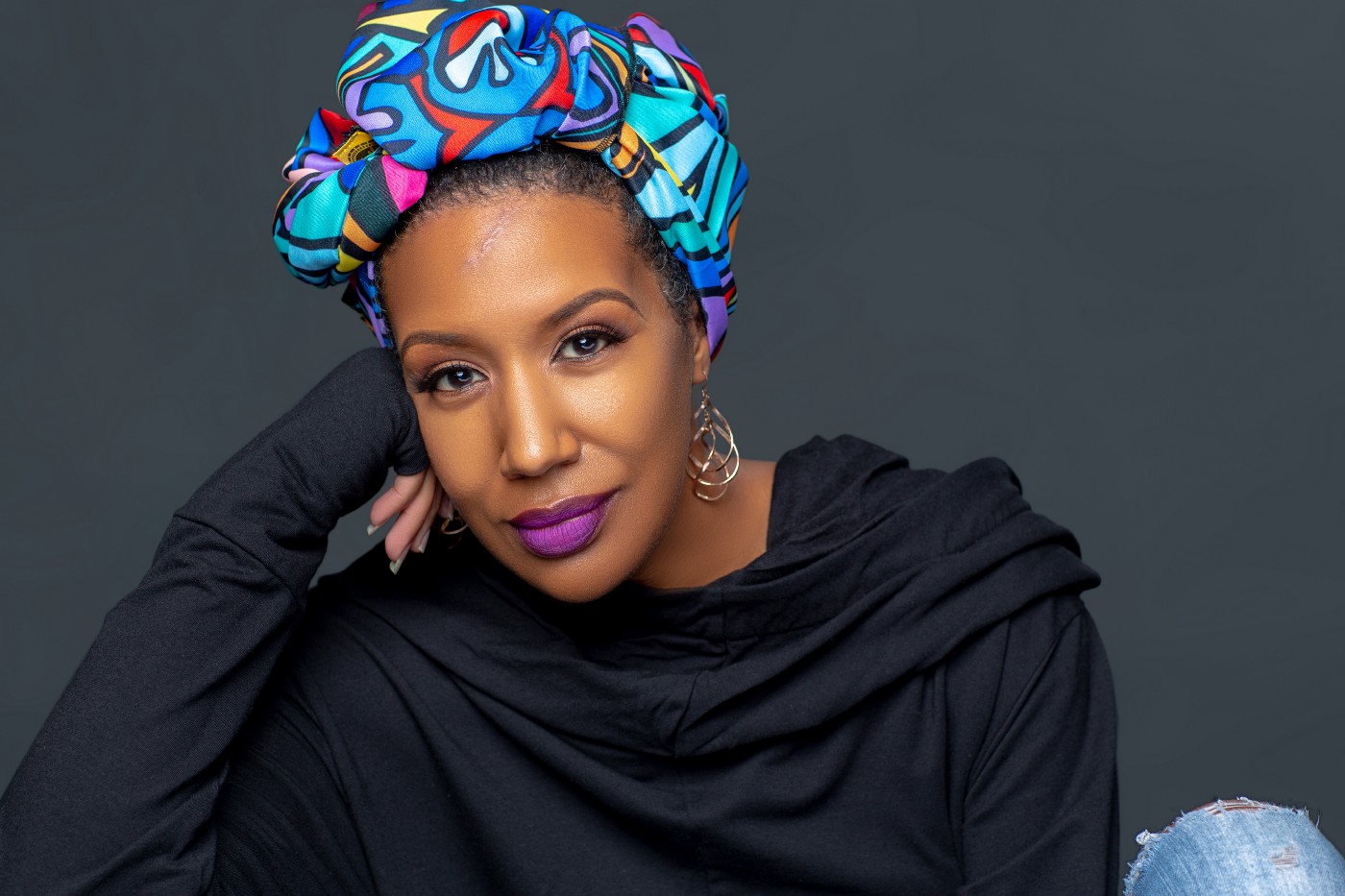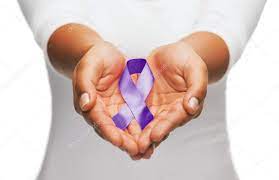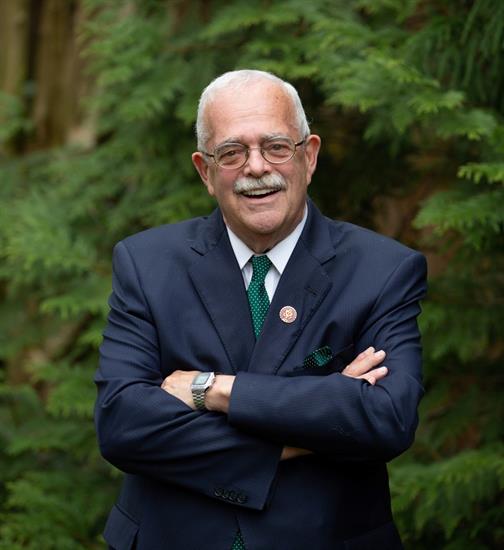Why Virginia’s Divorce Laws MUST Change
A Plea to Virginia’s 2022 General Assembly and Citizens of the Commonwealth
In Virginia, if my husband had cheated on me, I would have been able to get an immediate divorce. But because he assaulted me and put me in the hospital instead, I have to wait a full year before the courts will grant my divorce.
That night, I remember opening my eyes and seeing two dark figures standing over me. I felt pressure and a burning sensation on my forehead and realized he was holding me down. Entirely too close for comfort. As I attempted to push him away, the dark figures pleaded with me to let him keep holding the towel he had to my forehead. “No, no, no! Let him keep that there, ma’am!” Something about the way they said “ma’am” made me realize they were law enforcement. Law enforcement officers were in my space. My intimate space. I moaned, turned away from my husband as much as I could, and felt pain shoot across my back and shoulder as I thought to myself, “This marriage is SO over.”
“Do you remember what happened, ma’am?” I took a deep breath and got out, “I was in the bed,” before I felt my body start to tense up. Flashes of unspeakable memories started to flood my mind. I took another deep breath and remembered the breathing techniques my therapist had taught me. It helped me remain calm. So, I prioritized breathing over speaking — fearing what might happen if I made the opposite choice.
I heard conversation, questions, and my kids’ voices. Then more strangers in my space to relieve him. They took over. Bandaged my head and applied a neck brace. I was literally carted away.
I felt like a “thing” with no control over where my body was being taken. No control over to whom I would be released. The most I could do for myself was to scream as the doctor attempted to jam a needle into my forehead to close the six-centimeter laceration after I told him local anesthesia does nothing for me. Surviving and making it back to my kids were my only priorities.
My husband was apologetic on our way back, so I asked him to run an errand for my daughter. Once he left the Airbnb, I contacted local family friends. “Please act like everything is normal when you see us,” I texted. “Huh? What are you talking about,” she texted back. I didn’t have the energy or time to explain, so I took a selfie of my unrecognizable face and hit send. A few moments later she responded, “Oh baby…that’s not normal.” Within minutes, her husband was there to pick up me and my children. They never saw my husband again.
As a Virginia resident, I have to wait until the one year anniversary of when he almost murdered me to be granted a divorce unless he agrees to a no-fault divorce. This law — in and of itself — is cruel.

More than 30% of Virginia’s homicides are related to domestic violence. According to a VAData report, in 2019:
- More than 22,000 adults and nearly 5,300 children received domestic violence advocacy services in the Commonwealth.
- A total of 20% of the people who received these services had to relocate or experienced homelessness as a result of domestic violence.
- 87% of the domestic violence perpetrators in Virginia were men and 13% were women.
Divorce itself can cause significant financial hardship for anyone. For victims of domestic violence with the added costs of medical bills and expenses, the burden is often unbearable.
Since I am considered middle class, my income disqualifies me from legal aid programs. However, because my retirement account requires my spouse’s signature for any withdrawals and Virginia does not recognize legal separation, I cannot access my own savings.
The current divorce laws in Virginia do not work for domestic abuse victims. So, we need your help to change them.
The 2022 Virginia Legislative Session convenes on January 12, 2022. Please sign and share the petition urging the General Assembly to change the law and protect victims of domestic violence throughout the Commonwealth at FreeMakya.org. Contact your Virginia representatives today!
(Editor’s Note: The preceding article was republished with permission by Makya Little.)



